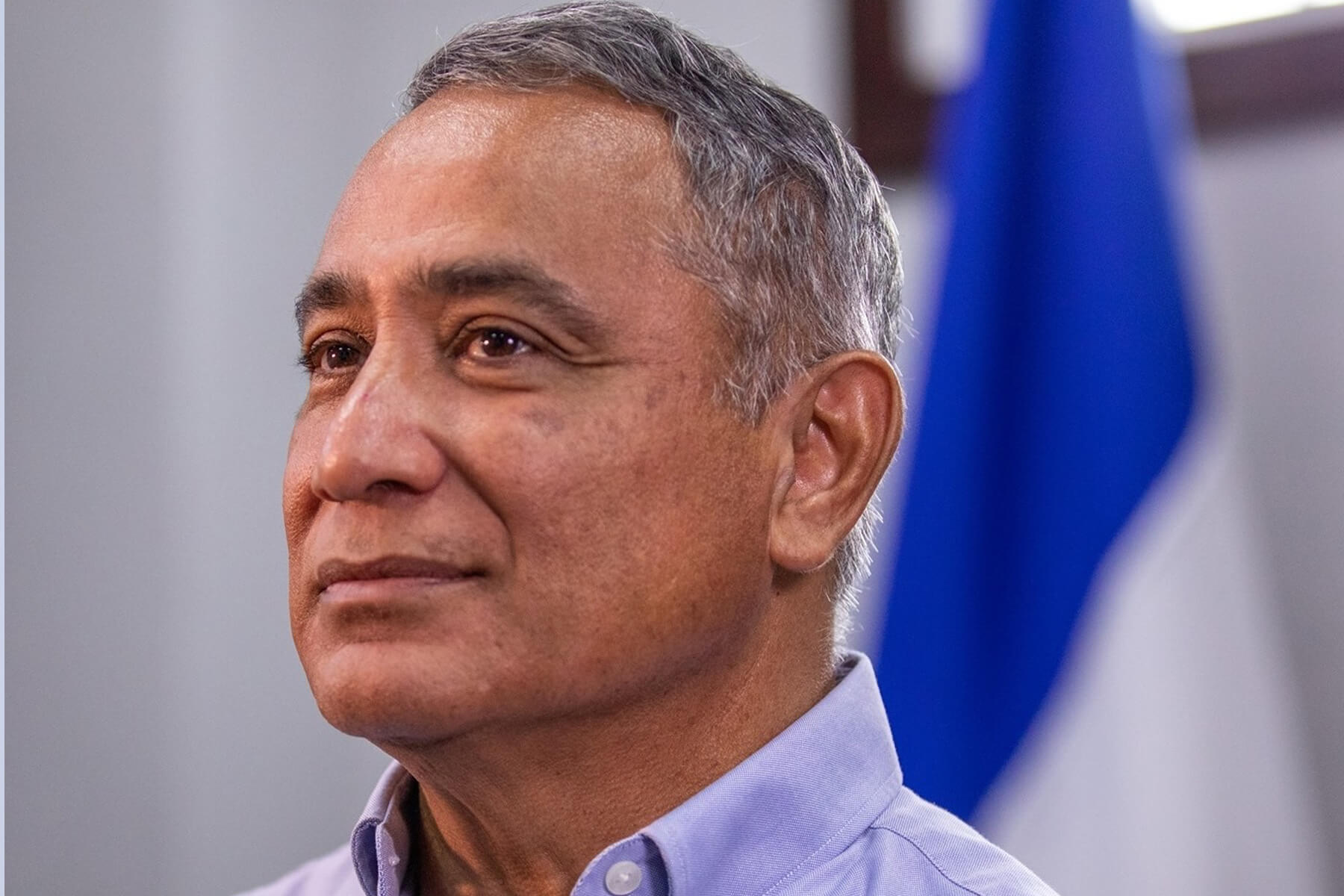Belize intends to declare itself a republic and remove the United Kingdom’s (UK) Queen Elizabeth II as the head of the state, it emerged as Prince William and his wife Kate Middleton concluded their seven-day Caribbean tour of Belize, Jamaica, and the Bahamas to celebrate 70 years of the Queen’s accession to the throne.
Observers suggest that the Royals’ visit aimed to persuade the former British colonies to retain the Queen as their head of state and avoid following in the footsteps of Guyana, Trinidad and Tobago, Dominica, and Barbados. However, it appears to have had the opposite effect and has instead accelerated their moves towards complete independence.
Prior to the Duke and Duchess of Cambridge’s Belize visit, the first stop in their three-country tour, the northern Caribbean nation faced several protests against the “colonial legacy of theft.” In fact, on March 20, protests by the residents of the Indian Creek Village, which they were scheduled to visit, led to an event in the village being cancelled.
Residents of the village asserted that the protests were related to dissatisfaction with Flora and Fauna International (FFI), a charity organisation supported by William, over land rights. FFI declared that it had purchased the land from private owners in December 2021 and sought to conserve the land while maintaining a fruitful relationship with the residents. However, the residents claim that they continue to hold “communal land rights,” as the private owners had received the lands after they were “expunged in the colonial period by the British.”
Prince William and Kate Middleton’s tour of the Caribbean off to a great start.
— Ian 🌍 (@isexton) March 19, 2022
William and Kate cancel trip on Caribbean tour after protest from Belize villagers over 'colonial legacy'
Residents didn’t want the Cambridges' to land their helicopter on a local football pitch. pic.twitter.com/6CIPwr8U2x
Since the royal visit, Belizean Prime Minister (PM) Johnny Briceño announced the establishment of the People’s Constitutional Commission, which will consult with stakeholders across the country and pursue the “decolonisation process.” Addressing the Parliament last Thursday, Henry Charles Usher, the Minister for Constitutional and Political Reform, stated that the Caribbean region as a whole has become driven by a desire to seek complete freedom. “Perhaps it is time for Belize to take the next step in truly owning our independence. But it is a matter that the people of Belize must decide on,” he posited.
William and Kate’s visit to the Caribbean islands has been tainted with controversy. During their visit to Jamaica, PM Andrew Holness informed the pair about the country’s intention to “move on” and work towards its “true ambition” of becoming a fully independent republic. “There are issues here which are, as you would know, unresolved. But your presence gives an opportunity for those issues to be placed in context, put front and centre, and to be addressed as best as we can,” he added. The country also witnessed large-scale protests, wherein demonstrators called for independence from the Crown, which they argue “perpetuate[s] colonial subservience.”
Meanwhile, the Bahamas’ National Reparations Committee released a statement accusing the British Royal Family of having “looted and pillaged” their land and blamed them for their “underdevelopment.” “We are not beholden to the British monarchy in any way and we do not owe them a debt of gratitude or anything – not for our culture, religion, or system of governance,” it declared.
Consequently, William said in Bahamas that any country’s decision to declare independence from the British Crown would be met with “pride and respect” by the UK. “Relationships evolve. Friendship endures,” he added.
🇧🇸 On their final day in The Bahamas, The Duke and Duchess of Cambridge spent time in Abaco & Grand Bahama, learning about the impact of Hurricane Dorian and the regeneration work that has followed - as well as enjoying some Bahamian food at a Fish Fry: https://t.co/PZwwFMbCaS pic.twitter.com/niZqhWswFh
— The Royal Family (@RoyalFamily) March 27, 2022
Moreover, in Jamaica, William expressed his “profound sorrow” and said that slavery “should never have happened.” However, critics said his response was being “tone deaf” and inadequate, as he failed to apologise for his family’s role in slavery and offer reparations for the atrocities.
Since November, when Barbados attained freedom from the Crown and replaced the Queen with its first President, Sandra Mason, as the head of state, countries across the Caribbean have seen a growing discussion about independence from the Crown.
Before Barbados, Mauritius was the last country to remove the Queen as its head of state, doing so in 1992. In the Caribbean, Guyana did so in 1970, Trinidad and Tobago in 1976, and Dominica in 1978. She remains the head of state in the Caribbean islands of Antigua and Barbuda, the Bahamas, Belize, Grenada Jamaica, St Lucia, St Kitts and Nevis, and St Vincent and the Grenadines.
The Commonwealth comprises of 54 countries. To date, a total of 15 countries continue to be a part of the Commonwealth realm, and officially recognise the Queen as the sovereign. While these countries, including Canada and Australia, are governed by elected representatives, the Crown remains the symbolic head and exercises constitutional duties, such as approving new laws and governments. Meanwhile, out of the remaining Commonwealth countries, five have monarchs, while the rest are republics.

